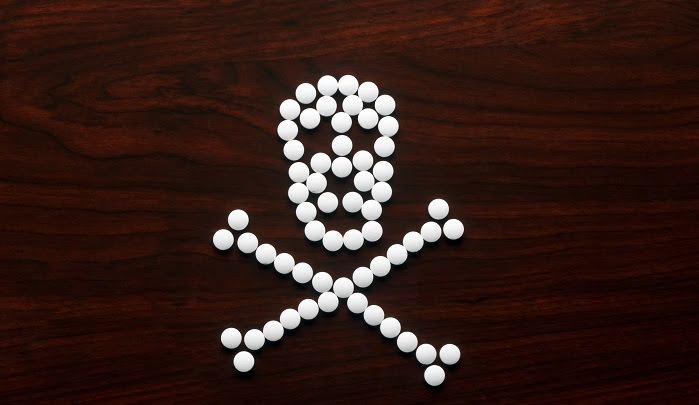
EPA Investigating if Abortion Pills are Polluting America’s Drinking Water
By: Steven Ertelt, originally published October 10, 2025, LifeNews.com
The Environmental Protection Agency has launched an internal review to determine if traces of abortion pills like mifepristone are contaminating America’s wastewater and drinking water.
Leading pro-life groups warn the chemicals could be causing miscarriages and stillbirths in unsuspecting communities.
The probe, directed by senior EPA officials over the summer, stems from a June 18 letter signed by 25 Republican members of Congress, including Sen. James Lankford and Rep. Josh Brecheen, both of Oklahoma.
The lawmakers urged EPA Administrator Lee Zeldin to investigate potential pollution from the drug, questioning: “Are there existing E.P.A.-approved methods for detecting mifepristone and its active metabolites in water supplies?” and “If not, what resources are needed to develop these testing methods?”
EPA scientists, specializing in chemical detection, informed officials that no approved methods currently exist but new ones could be developed if warranted, according to two people familiar with the matter who spoke on condition of anonymity.
The request marks a highly unusual intervention, as the agency typically focuses on broader contaminants like PFAS chemicals rather than specific pharmaceuticals. But pro-life groups hailed the inquiry as a critical step toward exposing the hidden environmental toll of chemical abortions, which now account for nearly two-thirds of all U.S. abortions, killing millions of babies. They argue that mifepristone, a potent progesterone blocker, and the remains of aborted babies are flushed into sewage systems, evading proper medical waste protocols and polluting downstream water supplies.
“[M]ifepristone is a potent progesterone blocker that disrupts hormonal balance in pregnant women to induce abortion. This raises questions about the drug’s potential endocrine-disrupting effects when present in drinking water supplies,” the congressional letter stated. “If residual amounts of the drug and its metabolites persist in wastewater, prolonged exposure could potentially interfere with a person’s fertility, regardless of sex.”

Lankford amplified those fears during an interview on “Washington Watch with Tony Perkins,” noting: “As gross as it sounds, much of our sewage water ends up being filtered” through wastewater treatment plants and becomes “drinking water downstream. But that process doesn’t take out everything.”
He added: “PFAS [per- and polyfluoroalkyl substances] … medications, or other chemicals are often still in the system.”
“What happens when it gets recycled back into our drinking water? Does that affect future fertility? Can that cause miscarriages? We don’t know because that’s never been studied.”
The EPA itself acknowledged last September that up to 10% of contaminants may survive two stages of wastewater treatment, a vulnerability that pro-life researchers say allows mifepristone residues to linger. Sanitation officials have documented fully formed pre-born babies in treatment facilities across South Carolina, Ohio, Oklahoma and Mississippi, underscoring what advocates call a systemic disregard for human remains.
John Stemberger, president of Liberty Counsel Action, described the scale of the crisis in an interview on “Washington Watch,” estimating that “40 tons of aborted babies’ bodies” become “medical waste — going into toilets, going into sewer systems, going into septic tanks, and ultimately going into the water systems that process our drinking water.”
In a 78-page report coauthored by his group, Stemberger charged: “abortion providers issuing chemical abortion pills have been able to use wastewater treatment plants as their de-facto medical waste facilities for decades.”
The report contends that this practice violates the Clean Water Act, which defines pollutants to include “biological materials” and “medical waste” such as “human blood and blood products; pathological wastes” and “body parts,” as well as the National Environmental Policy Act, which mandates environmental impact statements for actions with “reasonably foreseeable significant effect on the quality of the human environment.”
No such studies were conducted prior to FDA approvals of mifepristone in 2000, 2016 or 2022, the report notes.
Kristan Hawkins of Students for Life of America praised the congressional push in a statement to The Washington Stand, thanking the lawmakers who “demand evaluation of the global consequences of the reckless deregulation and lack of testing.”
Steven Ertelt is the founder and Editor of LifeNews.com, and has provided the pro-life community with news via the internet since 1993. He also serves as the President of Colorado Citizens for Life.
Image: LifeSiteNews.com.
